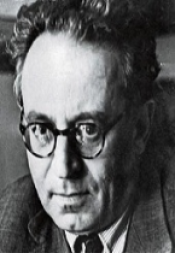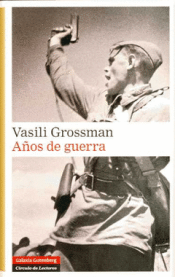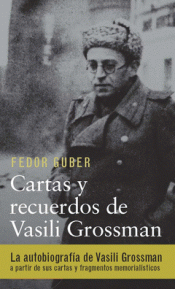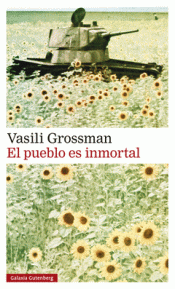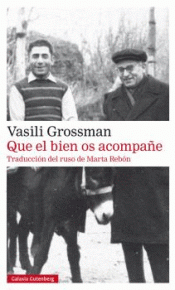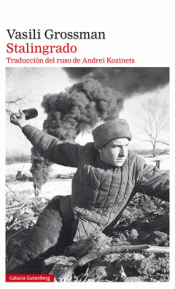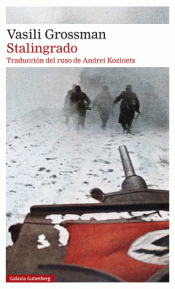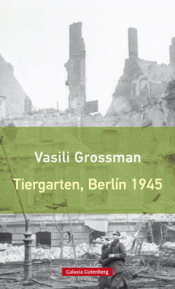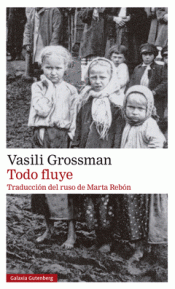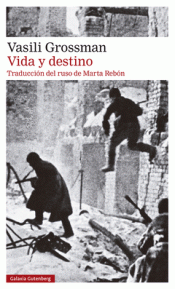Mientras se libra la batalla de Stalingrado, posiblemente la más cruel y dolorosa de toda la II Guerra Mundial, los protagonistas de la novela luchan por sobrevivir no solo a la barbarie nazi, sino también al terror del régimen estalinista, tan implacable en sus propósitos como el régimen que combatía. Comparada con Guerra y paz, Vida y destino es una novela de denuncia política y de reivindicación de lo humano, que desvela el verdadero ser del totalitarismo. «Uno de los más deslumbrantes milagros literarios del siglo XX. Una novela amplia como Guerra y paz, con destellos como en Los demonios y una humanidad desbordante como en los cuentos de Chéjov.» Le Monde «Vida y destino, como Ulises, como Guerra y paz, como En busca del tiempo perdido, como Al faro, nos devuelve la conciencia del poderío de la novela como forma suprema de narración del mundo. Palabras mayores.» Antonio Muñoz Molina
AUTOR/A
GROSSMAN, VASILIJ SEMENOVIC
Vasily Semyonovich Grossman (Russian: December 12, 1905 - September 14, 1964) was a Soviet writer and journalist. Grossman trained as an engineer and worked in the Donets Basin, but changed career in the 1930s and published short stories and several novels. At the outbreak of the Second World War, he became a war correspondent for the Red Army newspaper Krasnaya Zvezda, writing firsthand accounts of the battles of Moscow, Stalingrad, Kursk and Berlin. Grossman's eyewitness accounts of conditions in a Nazi extermination camp, following the liberation of Treblinka, were among the earliest.<BR><BR>After World War II, Grossman's faith in the Soviet state was shaken by Joseph Stalin's embrace of antisemitism in the final years before his death in 1953. While Grossman was never arrested by Soviet authorities, his two major literary works (Life and Fate and Everything Flows) were censored during the ensuing Nikita Khrushchev period as unacceptably anti-Soviet, and Grossman himself became in effect a nonperson. The KGB raided Grossman's flat after he had completed Life and Fate, seizing manuscripts, notes and even the ribbon from the typewriter on which the text had been written. Grossman was told by the Communist Party's chief ideologist Mikhail Suslov that the book could not be published for two or three hundred years. At the time of Grossman's death from stomach cancer in 1964, these books were unreleased. Copies were eventually smuggled out of the Soviet Union by a network of dissidents, including Andrei Sakharov and Vladimir Voinovich, and first published in the West, before appearing in the Soviet Union in 1988.<BR><BR>Wikipedia



